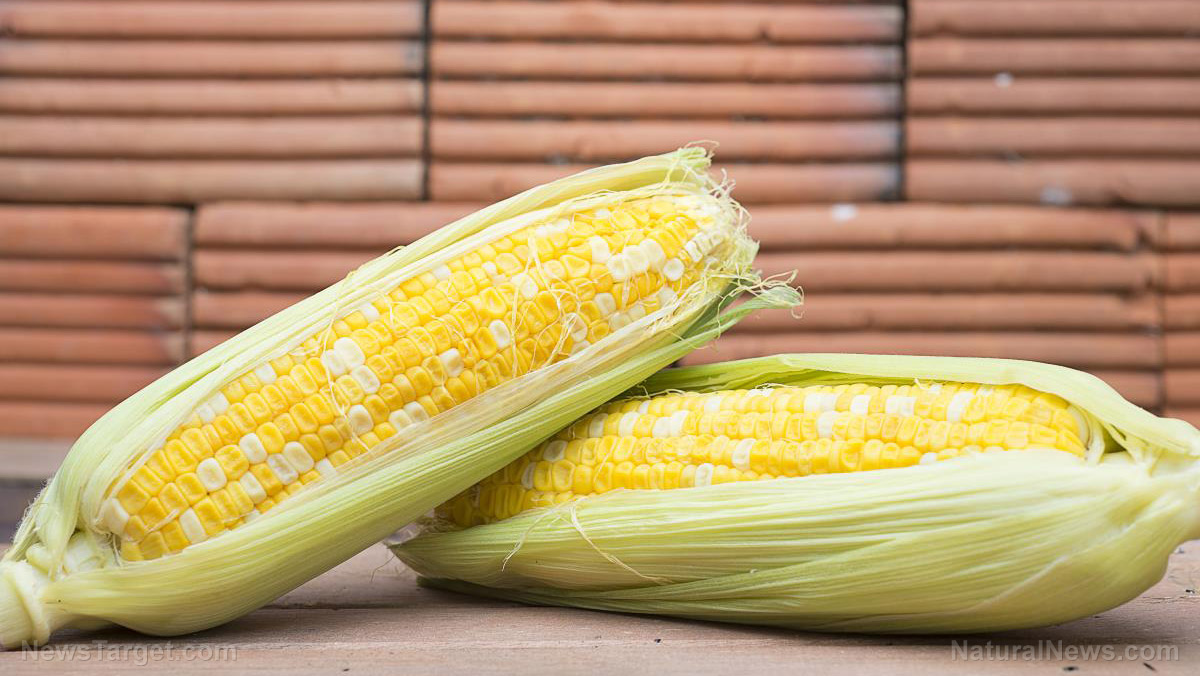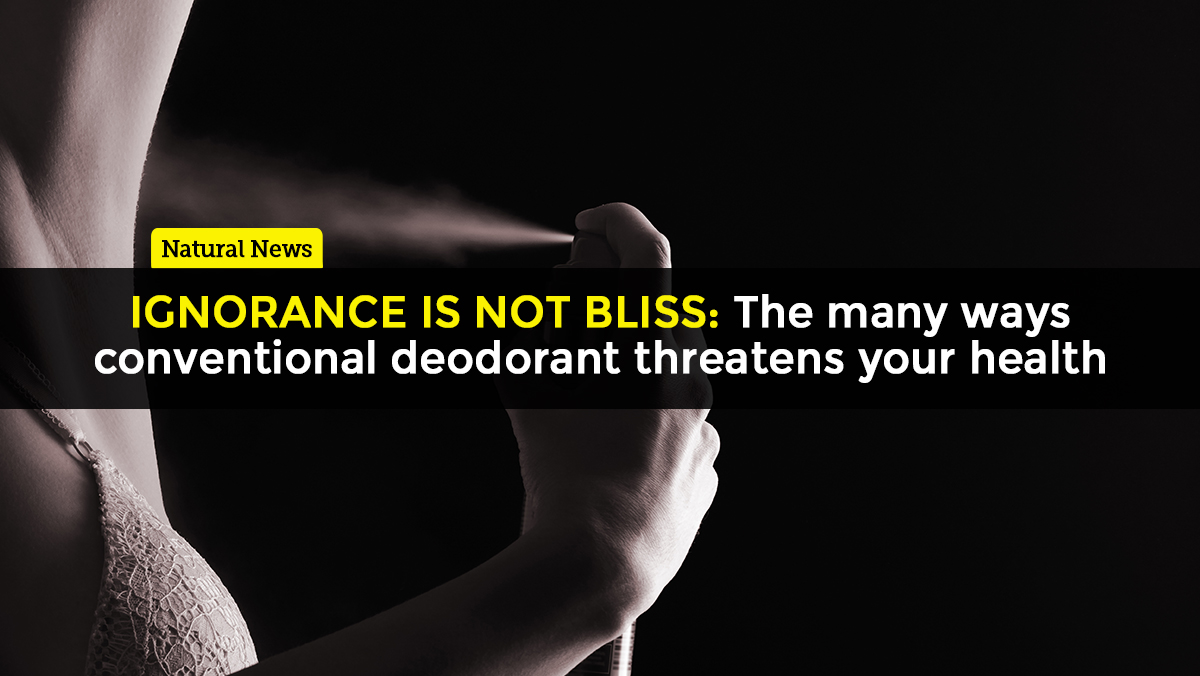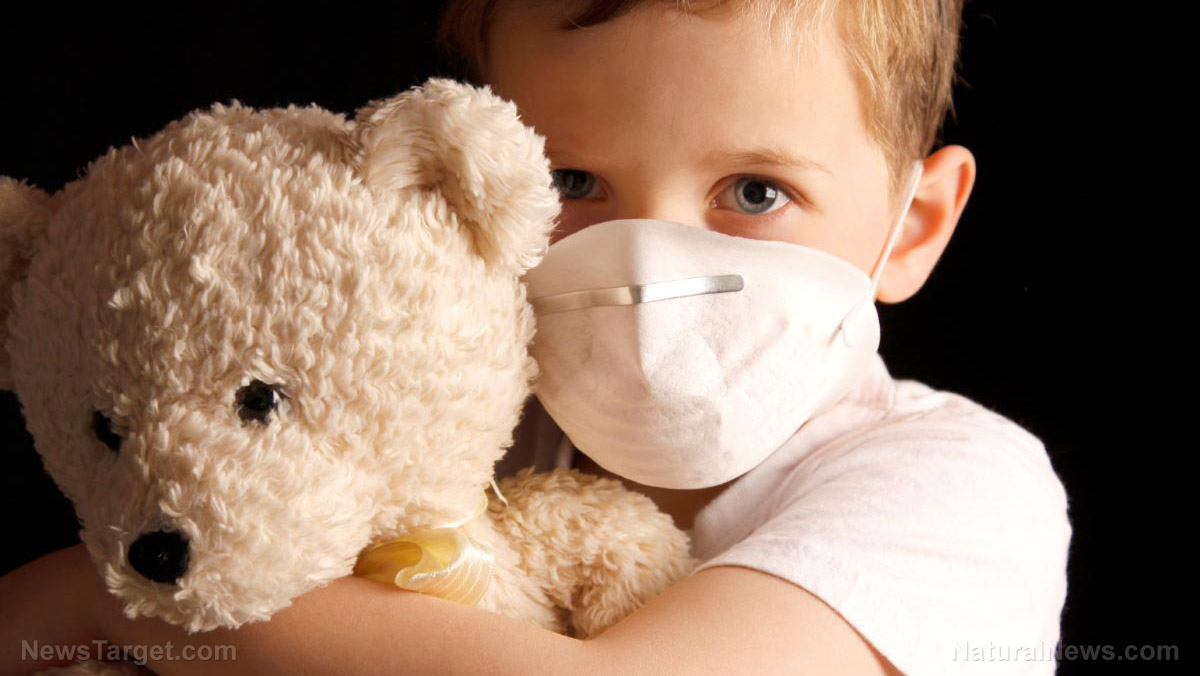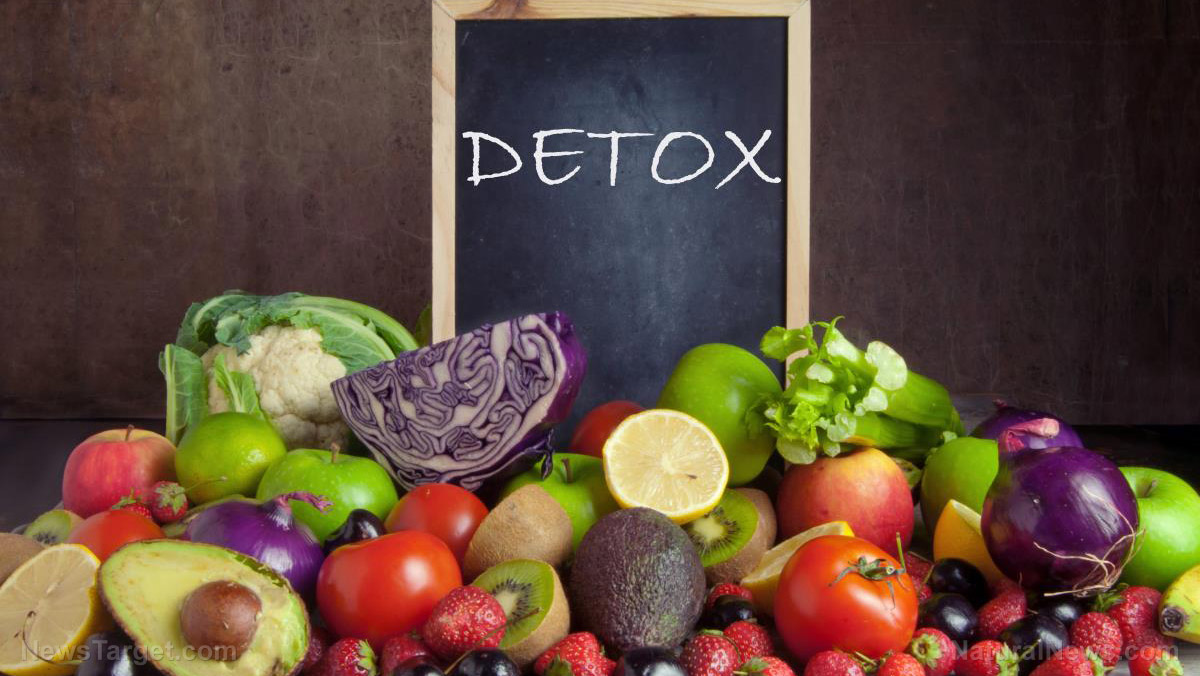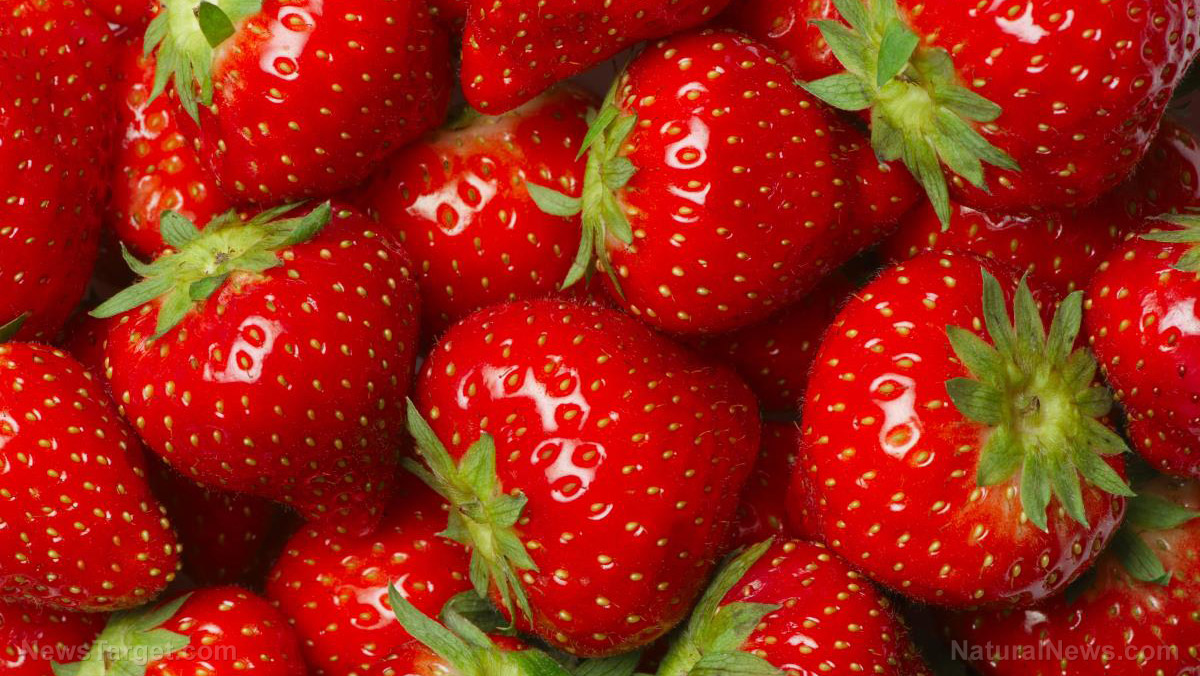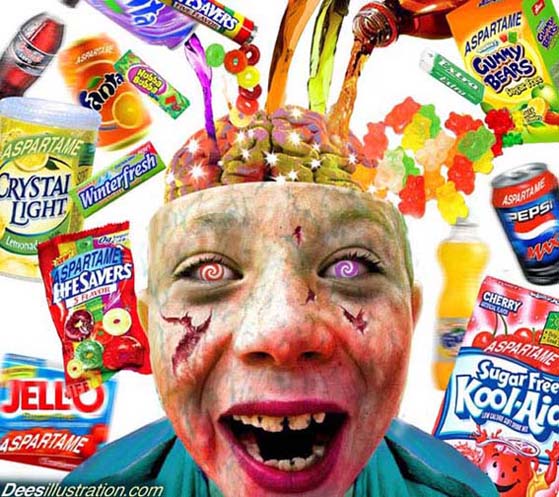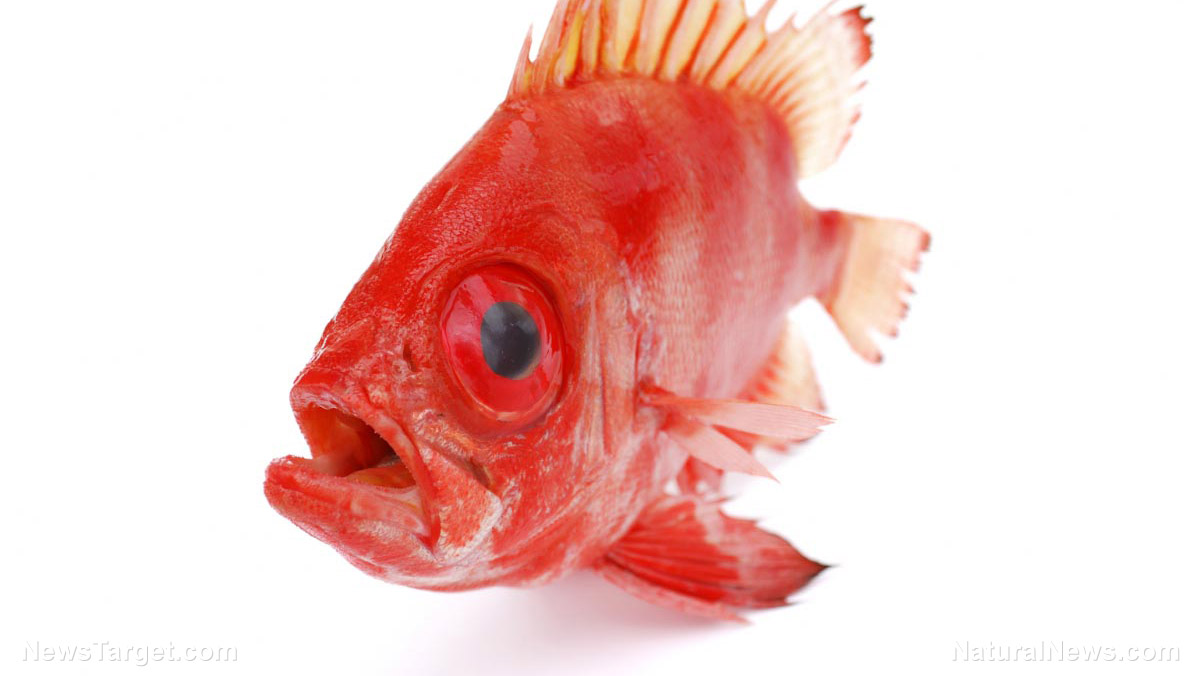Alert: 55 tons of frozen chicken nugget meals recalled over Salmonella concerns
05/09/2017 / By Frances Bloomfield

On April 20, 2017, the United States Department of Agriculture (USDA) issued an announcement warning consumers about a food product by Conagra Brands Inc., in Marshall, Miss. According to the report, Salmonella had contaminated the brownie mix dessert included in the breaded chicken nugget meals under the Banquet brand. The public recall by the USDA’s Food Safety and Inspection Service (FSIS) affects 110,817 pounds of 7.4-ounce vacuum-packed Banquet Chicken Nuggets with Mac & Cheese tray. The code on the products is 3100080921 while July 20, 2018 is the “BEST IF USED BY” date. On the side of the box is the FSIS establishment number of “P-9”.
The issue with the product was first brought to the attention of Conagra Brands by a supplier, reports FoodSafetyNews.com. The supplier was notified of a potential contamination by a customer who made a complaint. No confirmed reports of Salmonella poisoning have been made so far.
In response, Kristine Mulford, Conagra Communications Manager, told Romper.com that the company tested the product before distributing it to retailers nationwide. “At the time of manufacture…there was no Salmonella to be found,” Mulford said, before stating that the reports calling the alert a “recall” were “inaccurate.” Mulford then asserted that the risk of Salmonella would be eliminated when “the product is cooked thoroughly per the package instructions.” However, Mulford did mention that Conagra Brands was working with the USDA “out of an abundance of caution.”
The health alert from the USDA came shortly after Conagra Brands pulled a limited supply of Hunt’s Chili Kits off the shelves. According to the Food and Drug Administration (FDA), the company voluntarily removed the product due to the chili seasoning packet being a potential carrier of Salmonella.
What is Salmonella?
As defined by FoodSafety.gov, “Salmonella” is “the name of a group of bacteria, is one of the most common causes of food poisoning in the United States.” Contaminated foods like eggs, poultry, meat, unpasteurized milk or juice, and cheeses are the most likely food courses of Salmonella. Animals and their environment can also carry and spread the disease, however. Snakes, turtles, lizards, frogs, and baby chicks are notable living carriers of Salmonella. (Related: Egg warning: Multistate salmonella outbreak linked to shell eggs)
Common symptoms of Salmonella poisoning include diarrhea, fever, vomiting, and abdominal cramps, which can last four to seven days if left untreated. Though it can result in more serious illness among older adults, infants, and people suffering from chronic diseases. If you find yourself coming down with Salmonella poisoning, it’s highly recommended that you rest and drink plenty of fluids to avoid dehydration. In the event that your symptoms are more severe, you may be prescribed antibiotics, especially if the infection has spread into the bloodstream.
There are many ways to avoid Salmonella poisoning. Ensure that your food is properly refrigerated before cooking, and that you wash your hands with soap and warm water before handling food. When preparing food, it’s best to do so on clean surfaces. During the cooking process, separate ready-to-eat foods from cooked foods and use separate utensils on cooked and raw foods. Cook your food to a safe internal temperature to kill any and all bacteria that could be hiding in the food.
Learn more about what goes on in the world of food by visiting FoodSupply.news.
Sources include:
Tagged Under: chicken nuggets, food, food safety, Salmonella, Salmonella poisoning

